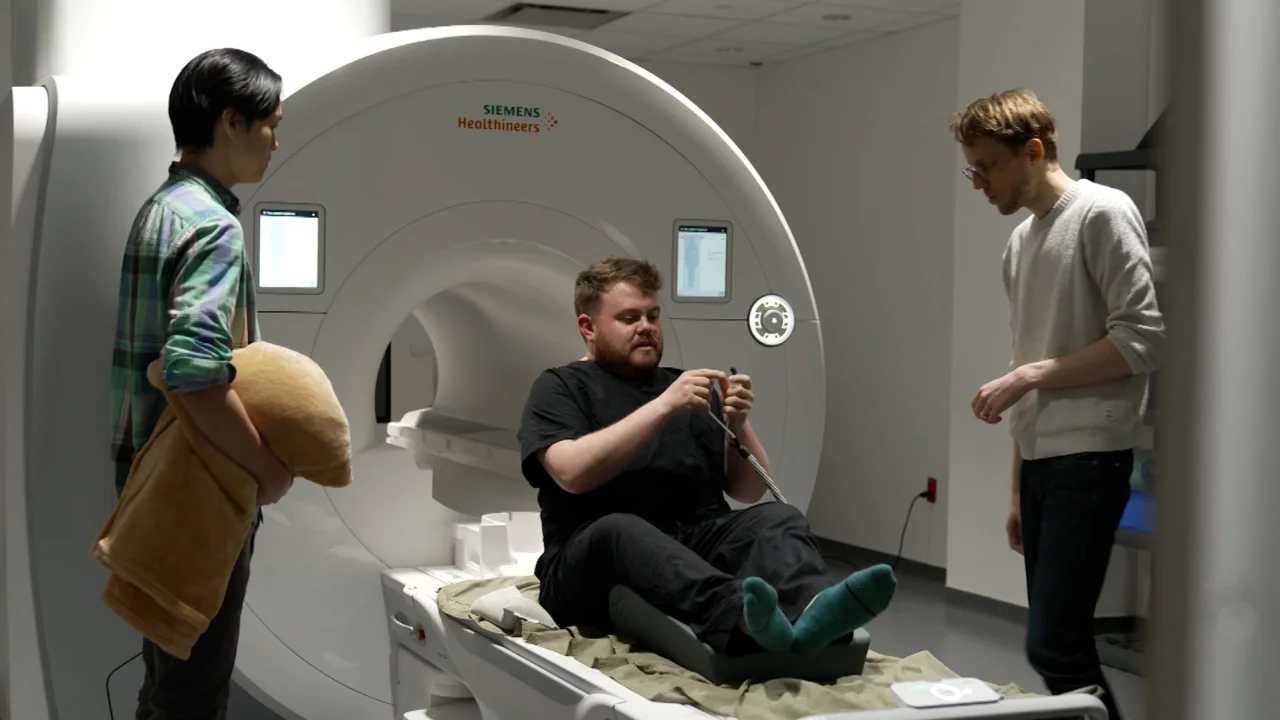- Using ChatGPT creator Open AI’s first language model GPT-1 (released in 2018), UT Austin scientists developed a method to translate brain scans into words.
- The AI was trained on volunteers’ brain scans as they listened to specific audio content, enabling it to predict words they were hearing by observing brain activity.
- While impressive, the early stage technology still requires many hours of training on an individual before making accurate predictions.
- This could potentially help those unable to speak communicate in the future.


